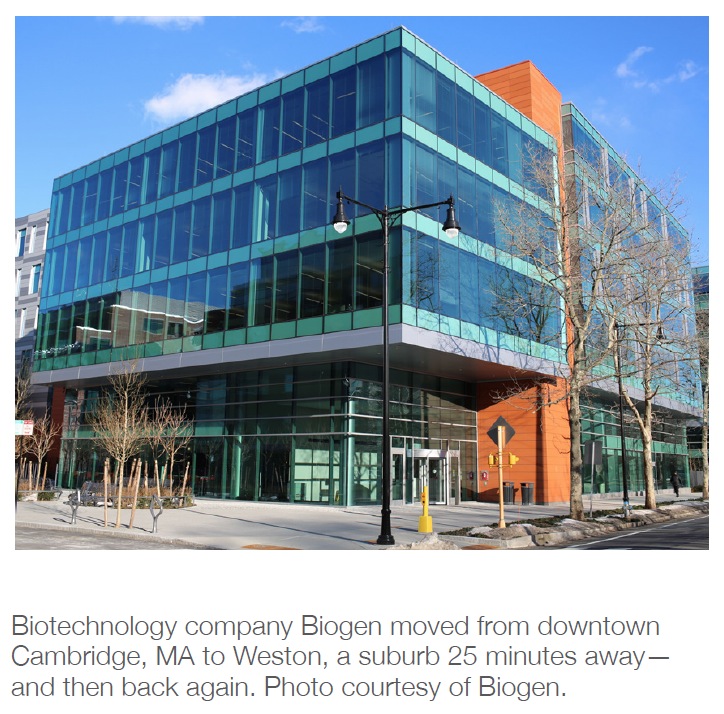
SMART GROWTH AMERICA
Hundreds of companies across the United States are moving to and investing in walkable downtown locations. As job migration shifts towards cities and as commercial real estate values climb in these places, a vanguard of American companies are building and expanding in walkable downtown neighborhoods.












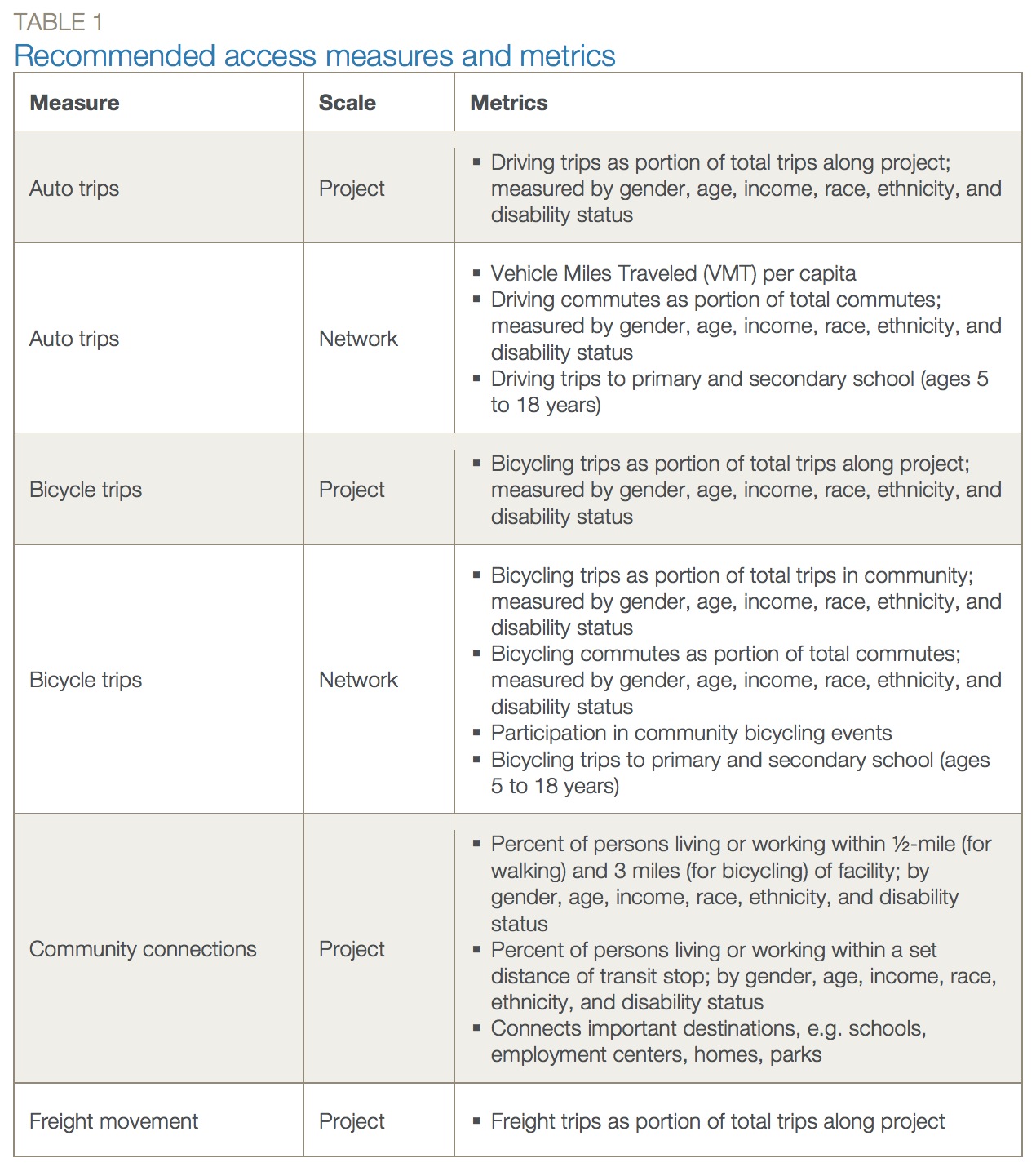
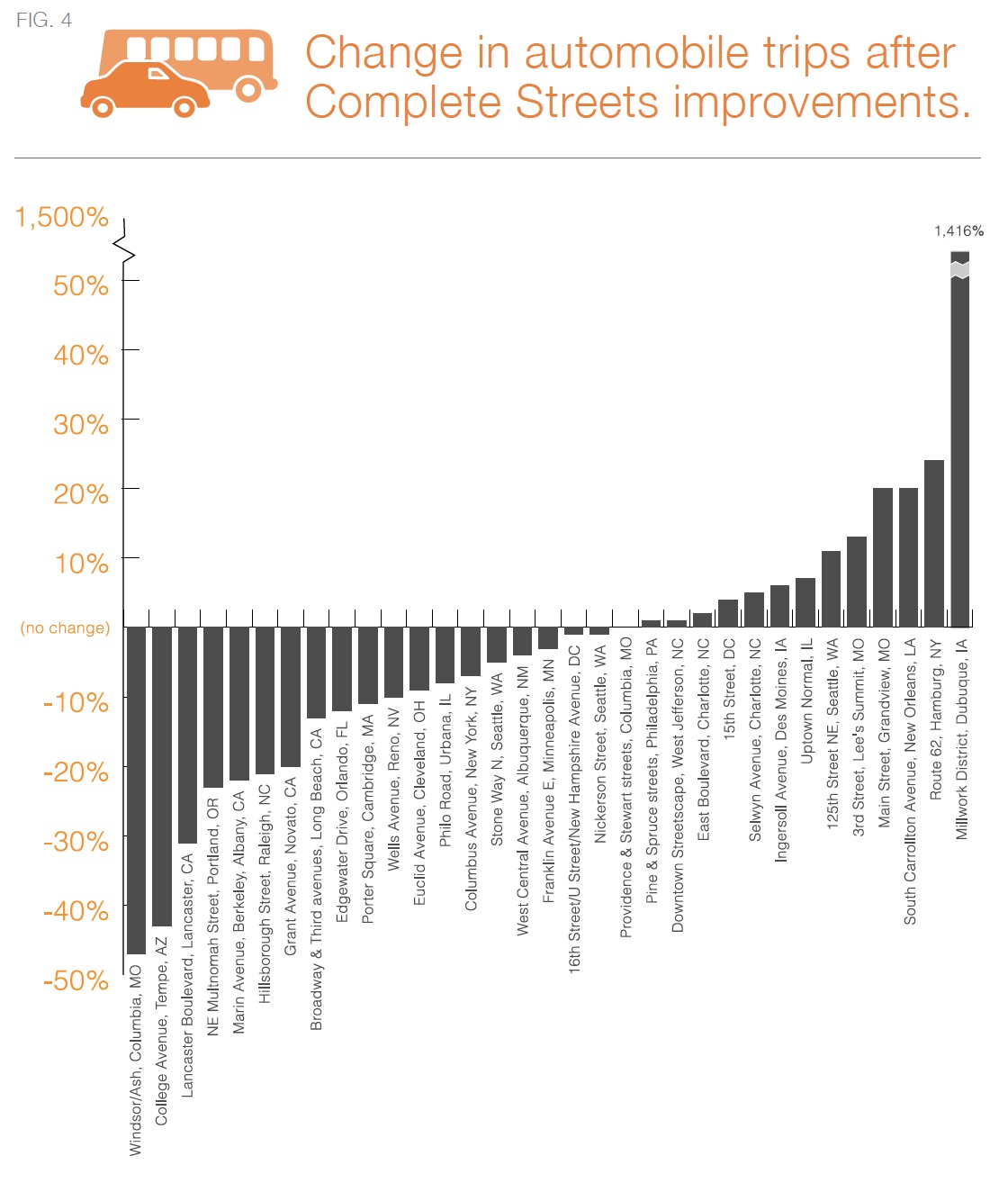
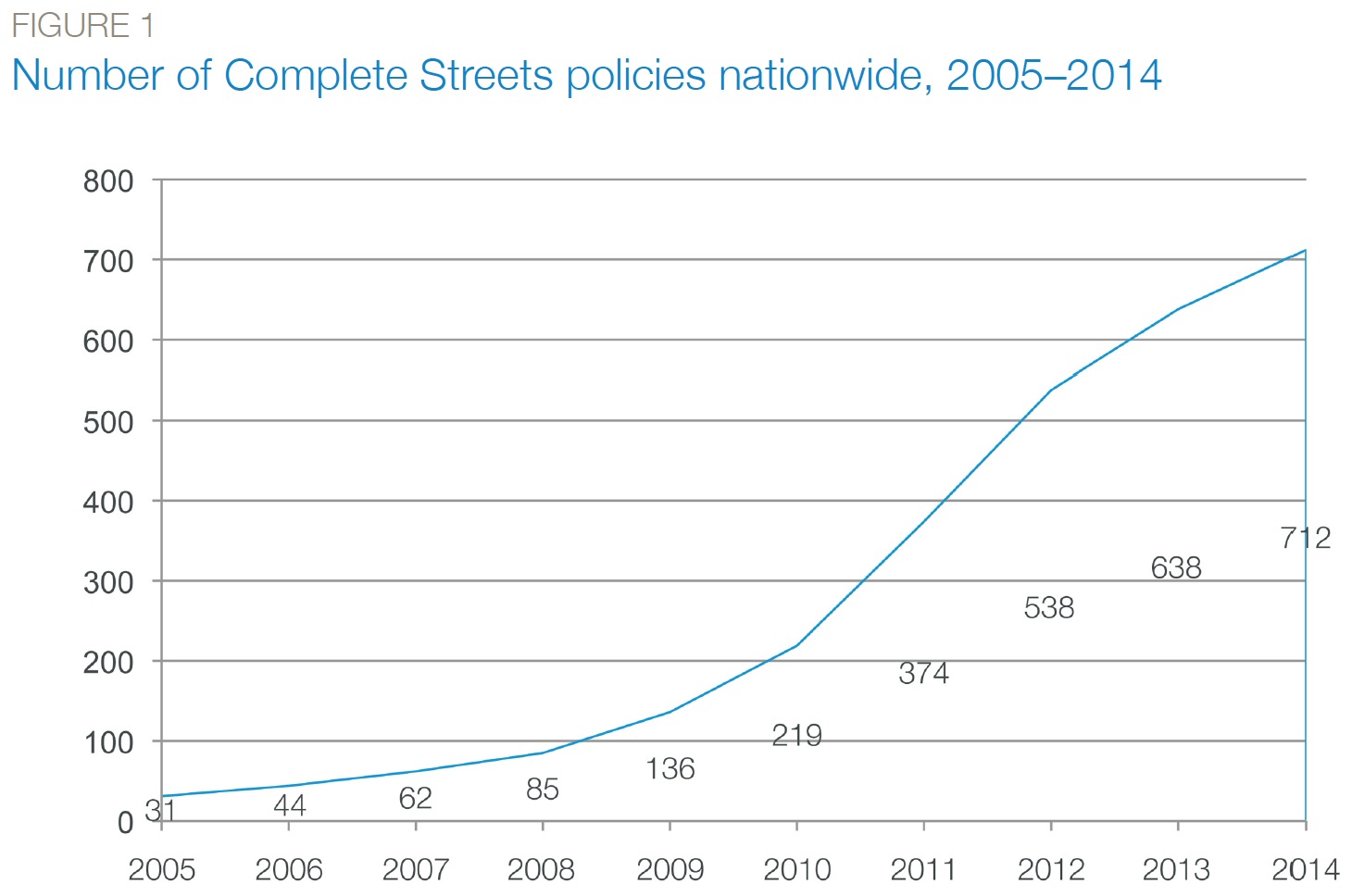
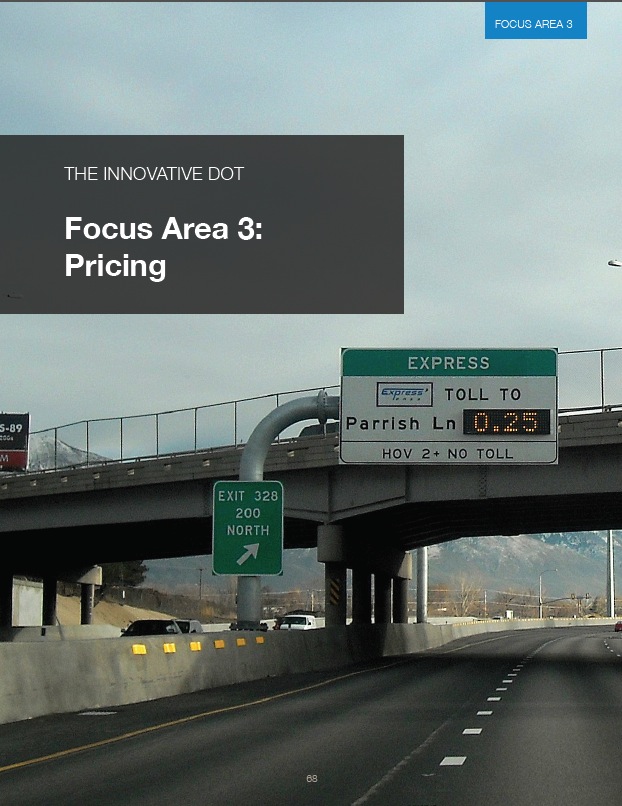
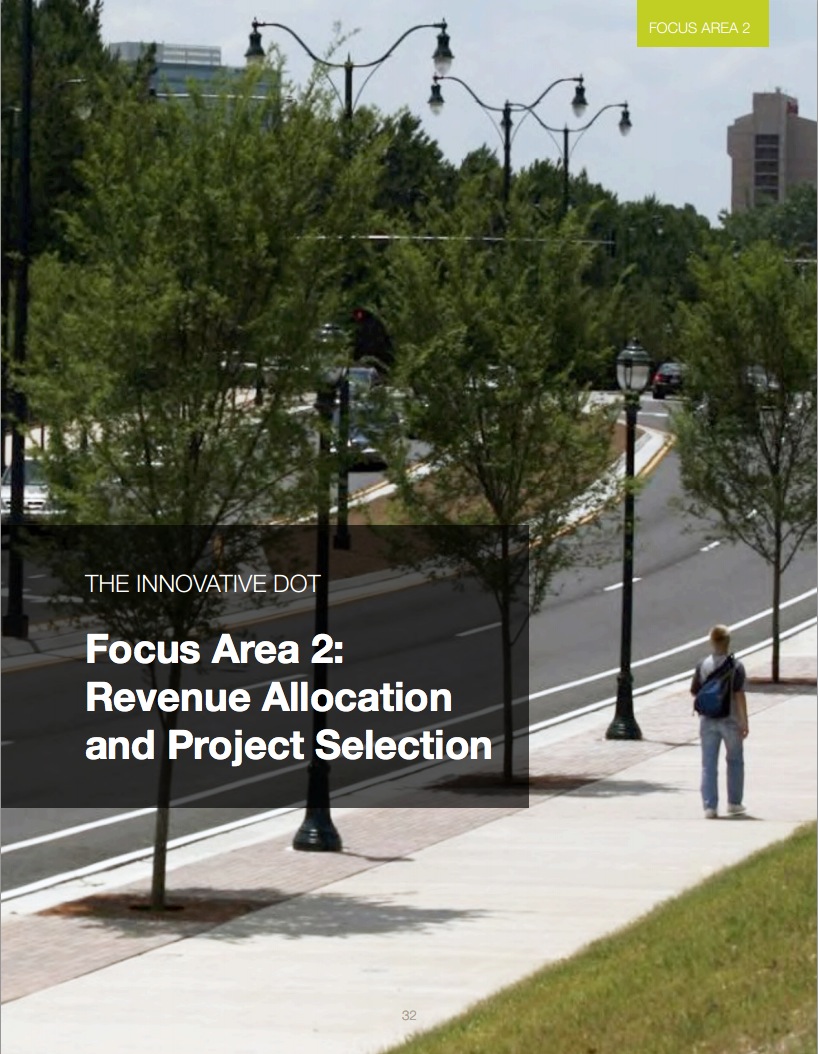

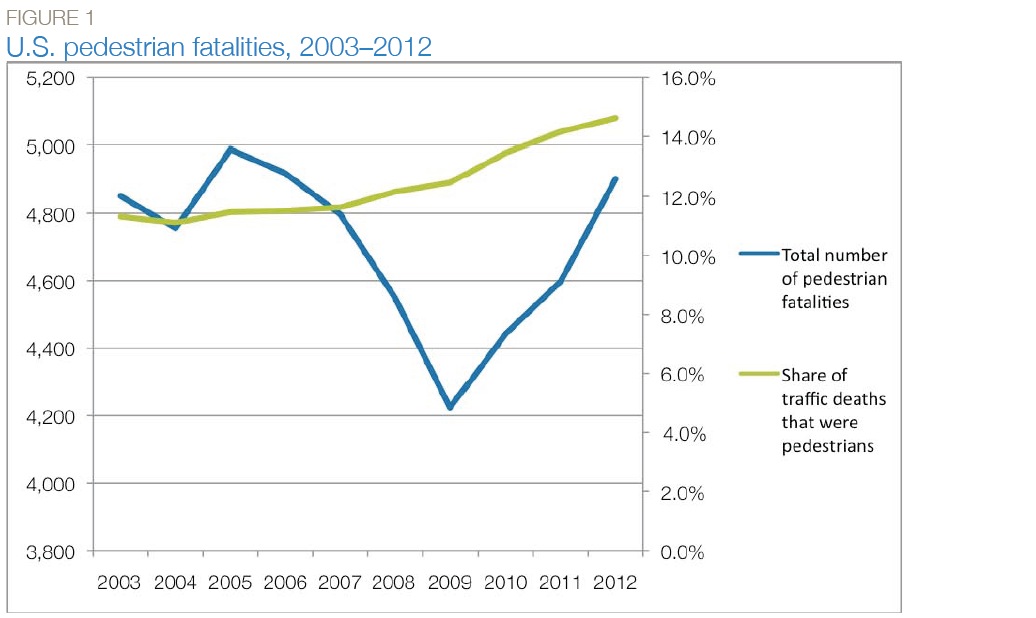
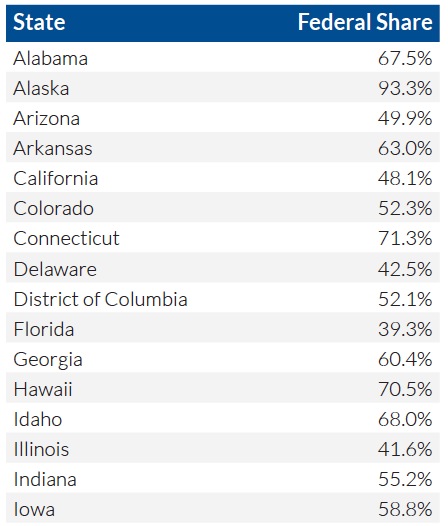
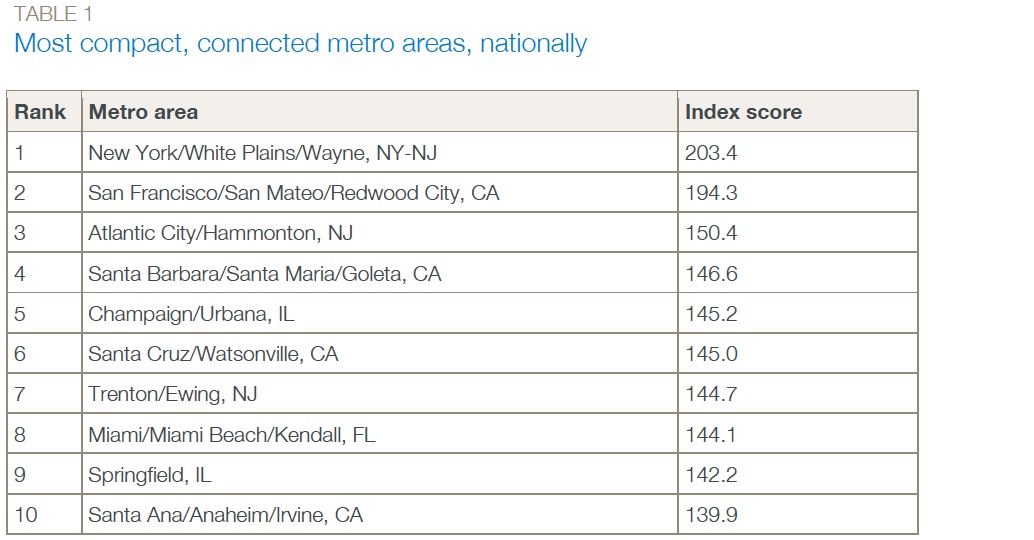

 RSS Feed
RSS Feed